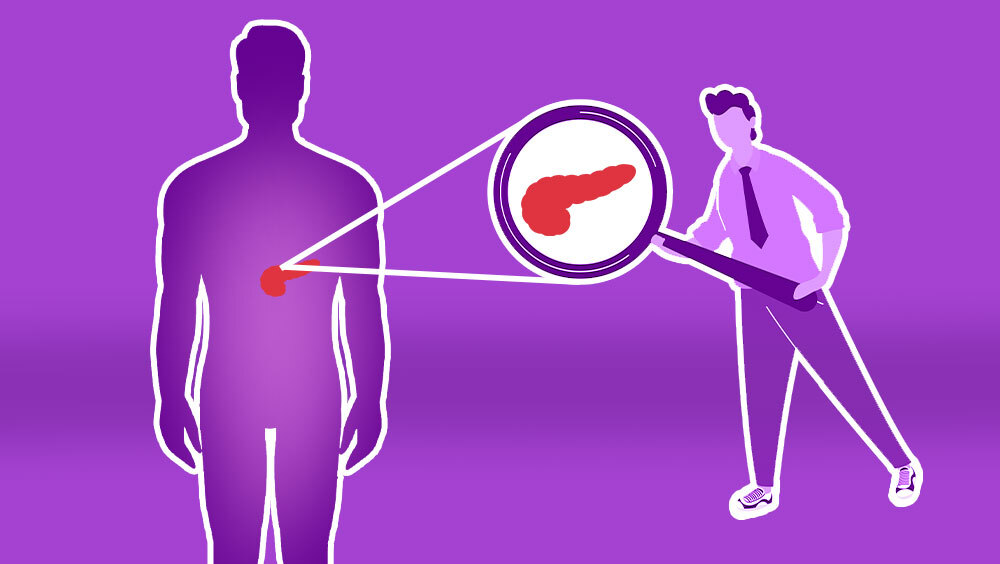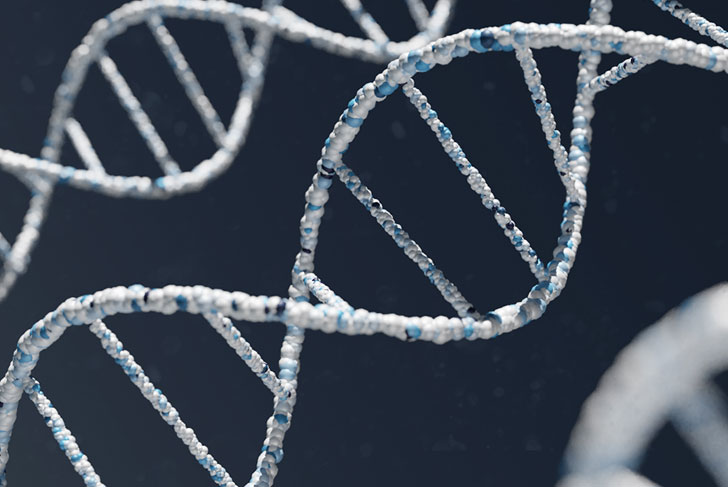Get ahead of the silent killer known as pancreatic cancer by understanding its signs. Silent, yet deadly, this elusive disease often goes unnoticed until it's at an advanced stage. But you can beat it at its own game! Embark on this enlightening journey with us to unearth the subtle whispers of pancreatic cancer, empowering you to take control early and stand strong in the face of adversity. Knowledge is power, and it begins right here with recognizing the signs of pancreatic cancer!
Cause:
Age as a Risk Factor
Stat: Pancreatic cancer is more common in older individuals, with the average age of diagnosis being 70 years.

The health concerns associated with advancing age often encompass conditions like pancreatic cancer. Data reveals that this type of cancer is relatively rare in individuals below the age of 50. A significant majority, over 80%, of cases present themselves in individuals aged between 60 and 80. These numbers indicate that the risk of this disease escalates with the process of aging.




